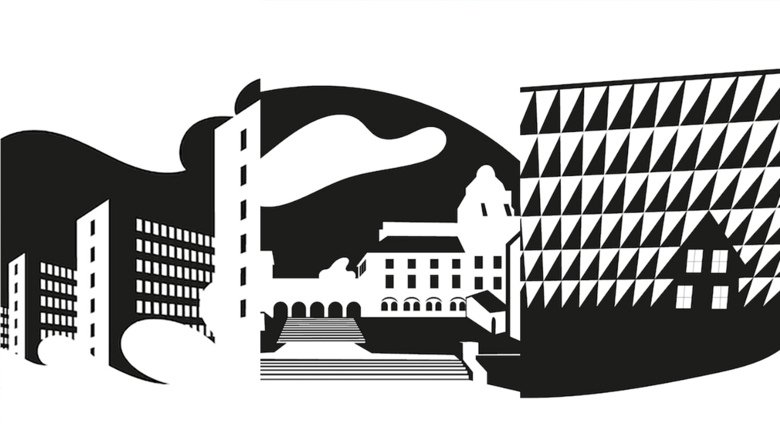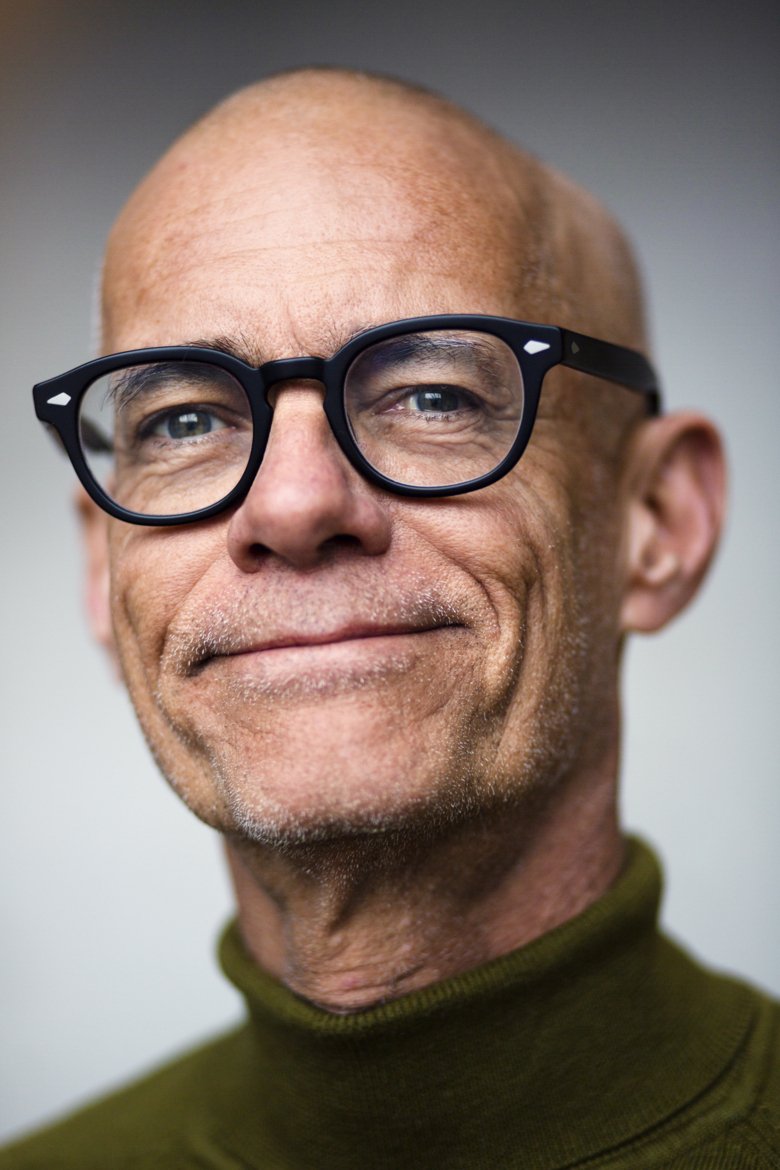The University Alliance mobilises for the health of man and the planet

Partnership and cooperation are necessary to accelerate the work to achieve the global goals – and this is where academia plays an important role. This emerged during the seminar "New Partnerships for Human and Planetary Health" arranged by Karolinska Institutet, KTH and Stockholm University in May.
The seminar took place during the World Academic Forum Stockholm Summit with representatives from KI, KTH and Stockholm University. The three universities have together formed the University Alliance StockholmTrio. The alliance has established a sustainability group that bases its work on the UN's Sustainable Development Goals in all ongoing and new collaborations. The seminar on 19 May was one of several activities that the Stockholm Trio's sustainability group is conducting.
"Our vision is for the Stockholm Trio to be an international leader in sustainable development and for students to be offered education in sustainability of the highest quality. We also hope to attract doctoral students and researchers at the highest international level. The Stockholm Trio complements each other with our different faculties. We can offer a good place to study and research sustainability," said Karin Dahlman-Wright, professor of molecular endocrinology at KI and member of the alliance's sustainability group.
Based on the global goals, the alliance's sustainability group wants to create a common platform for cooperation and innovation for sustainable solutions by coordinating resources, expertise and contacts with different societal stakeholders. All in order for universities to be able to contribute with new educational programmes, and research findings to provide society with the knowledge and skills needed to meet today's and tomorrow's challenges.
"We want to go from visions to results," Karin Dahlman-Wright said.
Three research centres in focus
During the seminar, three research centres were presented.
The focus was on KI's Centre for Health Crises, KTH’s Climate Action Centre and the Bolin Centre for Climate Research at Stockholm University, examples of how to gather expertise, from research and various stakeholders in society.

Johan von Schreeb, director of the Centre for Health Crises, said that work on the new centre took shape during the pandemic.
"You could say that the centre was born from the experiences we had during the pandemic, where KI took many initiatives to deal with the crisis with the help of research, education and laboratory activities," he said.
The aim is to be able to mobilise experts and provide expert knowledge to society in connection with various health threats and crises, said Johan von Schreeb, who via the WHO has coordinated international medical efforts and trained staff in trauma surgery during the ongoing war in Ukraine.
The director of the KTH Climate Action Centre is Francesco Fuso-Nerini, the centre was established in 2021 and has around 40 KTH-affiliated researchers who will contribute to knowledge-driven sustainable climate action.
Ilona Riipinen, director of the Bolin Centre, explained that the research conducted there covers everything from climate modelling to research on the hydrosphere, biosphere and geosphere. She stated that Sweden is a leader in climate research:
"We're high up on the international leader board, and there’s no shame in that.
The centre includes over 400 researchers from Stockholm University, the Royal Institute of Technology and SMHI.
"It would be interesting to expand the collaboration within the framework of the Stockholm Trio and further develop the research in the health sector because climate change and health are interrelated," said Ilona Riipinen.
All representatives of the centres of expertise and research stressed the importance of how collaborations between different research centres and researchers at different universities are absolutely central to strengthening the work for human and planetary health.
Discussion of the challenges of the future
In the panel discussion during the seminar "New Partnerships for Human and Planetary Health" representatives from KI, the Swedish Environmental Protection Agency, Swedenergy, Region Stockholm and the European Commission's representation in Sweden participated. The panel discussed and presented different perspectives on how you can and should be working in order to meet the challenges of the future to achieve the UN's global goals. The discussion was led by Magnus Breitholtz and Kristina von Oelreich, members of the alliance's sustainability group.
"In order to meet the challenges of the future, we need to have different perspectives, and that expertise is available within the Stockholm Trio," said Ole Petter Ottersen, Vice-Chancellor at KI, when asked about the role of the University Alliance in the work to achieve the global goals.
Åsa Pettersson, CEO of Swedenergy, pointed out that from an industrial perspective, it is good to know where to turn to acquire knowledge.
"There are many expectations and demands being placed on the energy sector now and we need to be able to meet these challenges. This is where the Stockholm Trio's sustainability group can be good for gathering knowledge and expertise.
Christian Danielsson, head of the European Commission's representation in Sweden, noted that the challenges that exist in the world today are of a kind that we have not seen for a long time.
"We have a war in Europe at the moment, at the same time as we have the green transition and we have had a major health crisis as a result of the pandemic. All of this needs to be nurtured with research to enable solutions and innovations. Cooperation is extremely important, and the EU can also help with its networks.
When it came to the question of how the goals can be achieved, Anna-Karin Nyström, head of the Climate Goals Unit at the Swedish Environmental Protection Agency, highlighted various solutions with regard to resource efficiency, for example, to find solutions for the reuse of plastics.
"Education is central to the future, as are lifestyle and behavioural changes.
Taking advantage of the experiences gained during the pandemic was something that several of the participants highlighted. Collaboration makes us both stronger and better."
"In just a few weeks, a significant number of initiatives were taken in intensive care. We showed that we can really do things when we have to and that we can do things differently, I hope we can learn from that," said Clara Hellner, Adjunct Professor of Child and Adolescent Psychiatry at Karolinska Institutet and Director of Research and Innovation at Region Stockholm.
Students asked questions
Finally, student representatives from each university were allowed to ask the panel questions and share their reflections.
"How can we avoid that today's solutions do not become tomorrow's problems," wondered Ossian Ahlkvist, who is doing a master's degree in environmental technology and sustainable infrastructure at KTH.
Tobias Lindström Battle, who is doing a master's degree in public health sciences at KI, called for sustainability to be included in all programmes at KI, not just in certain programmes, and Elma Ósk Thorarinsson, who is doing a bachelor's degree in management at Stockholm University, thought it would be good if students could choose courses and programmes from all three universities that are part of the university alliance.
"When there have been surveys about why international students apply to KTH, the majority of them respond by saying that they applied here because of the courses’ sustainability focus. It shows that it is important to highlight the sustainability focus of a university and to continue to be at the forefront," said Ossian Ahlkvist.
